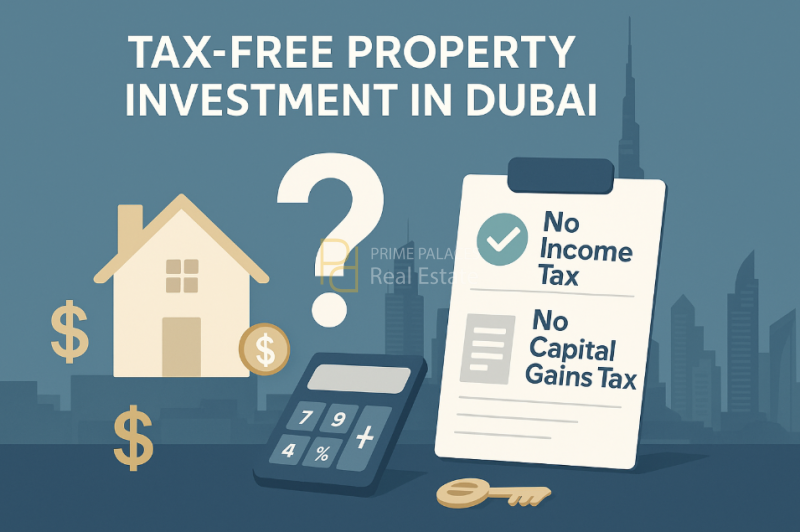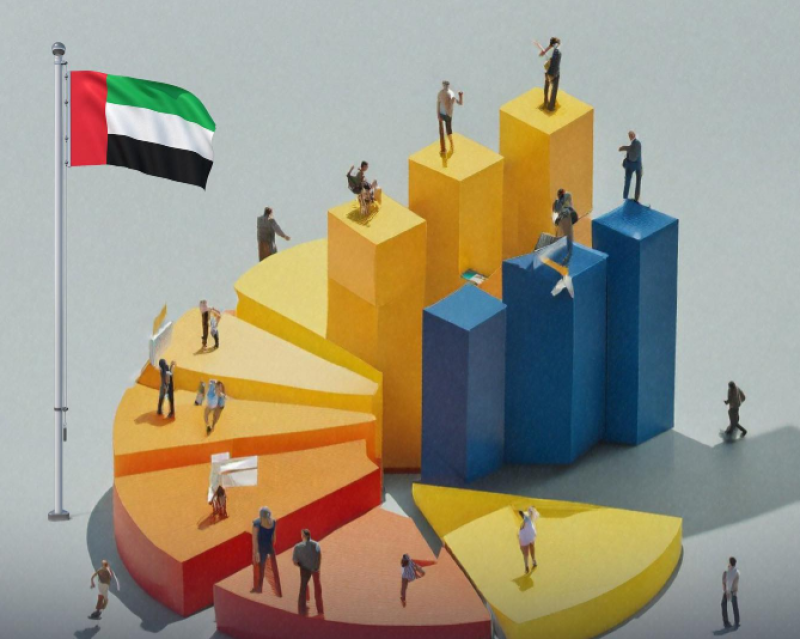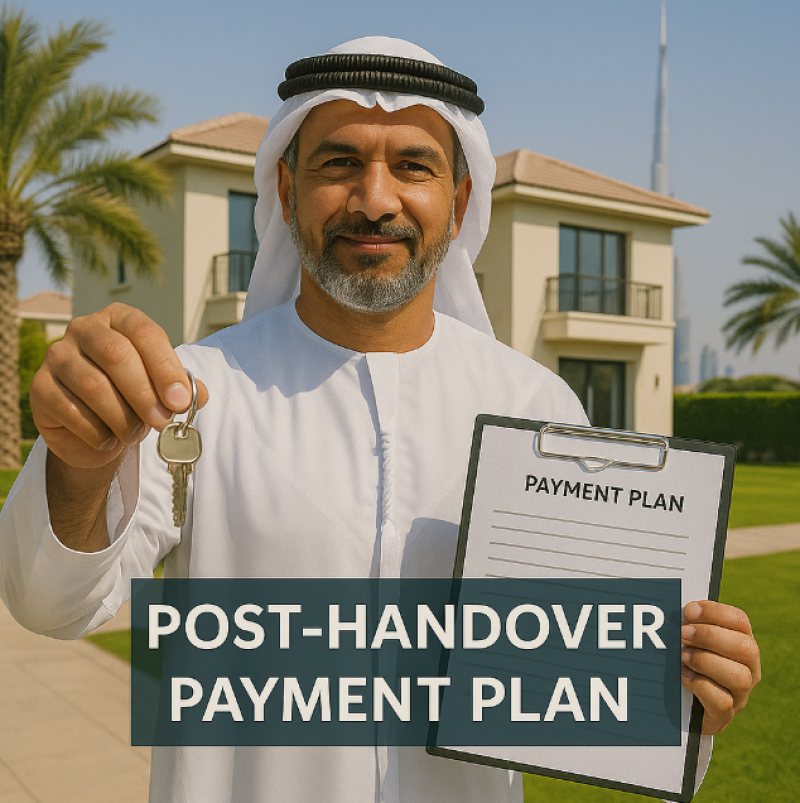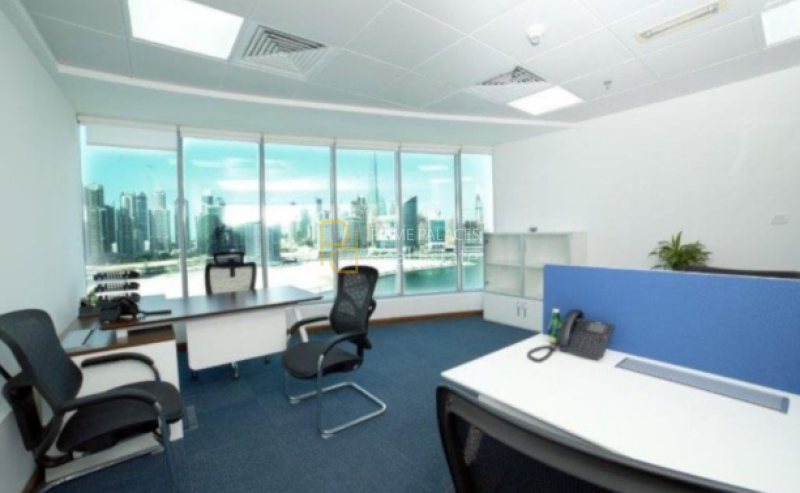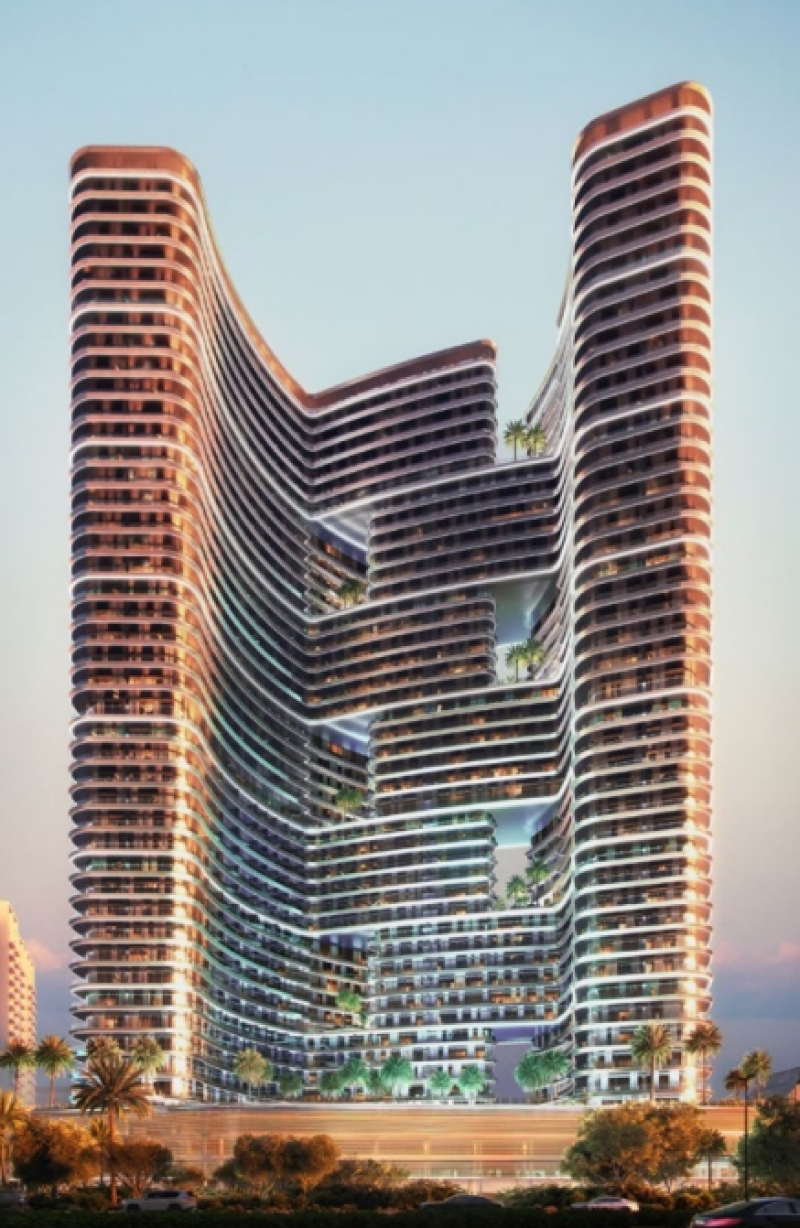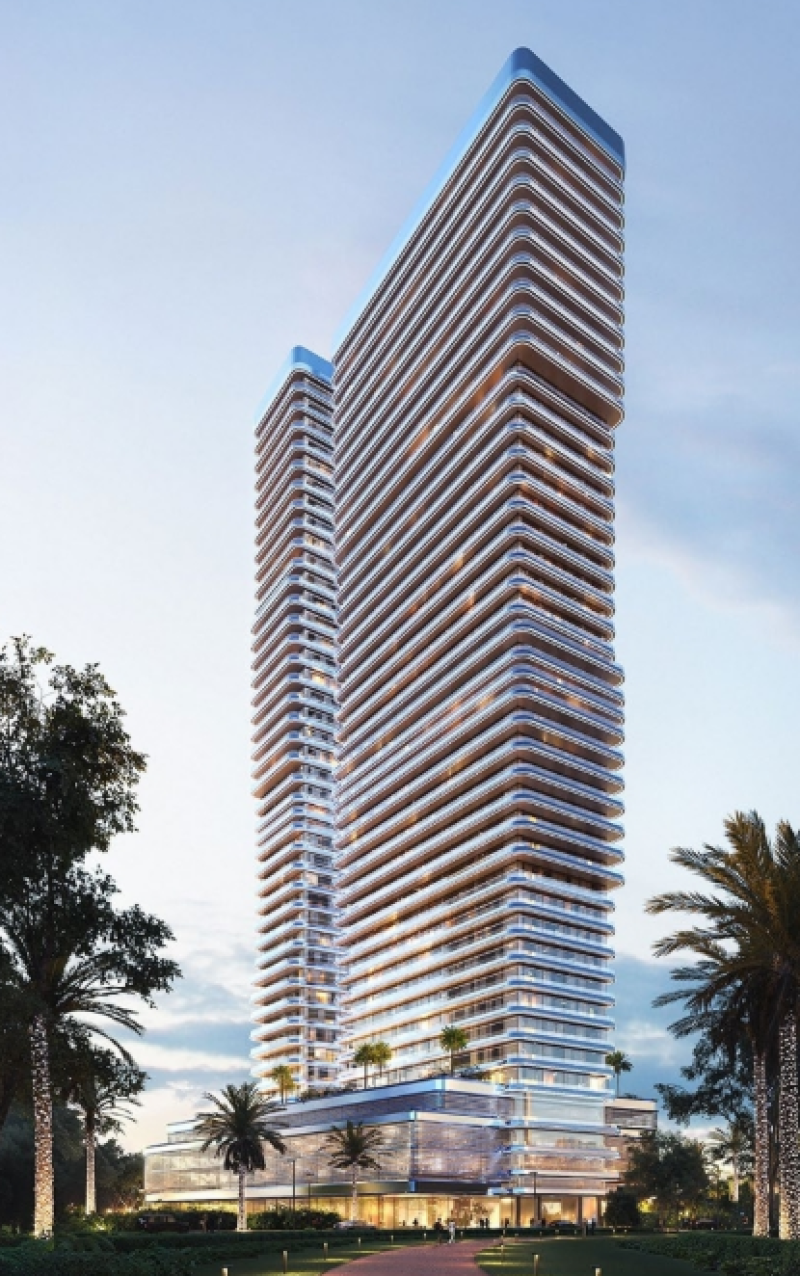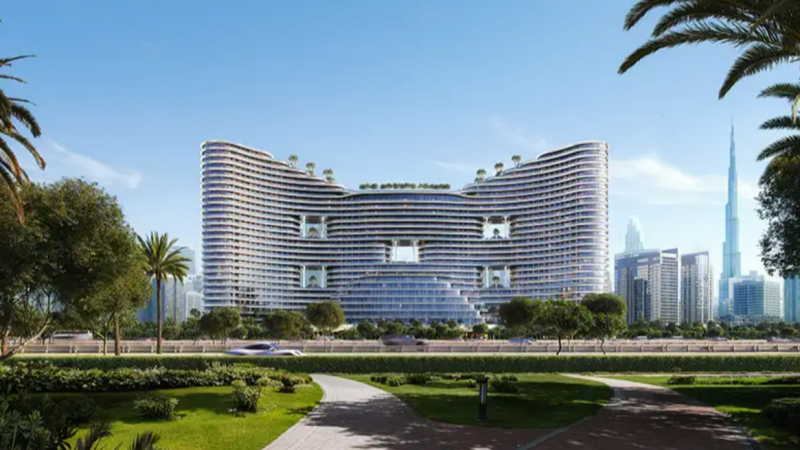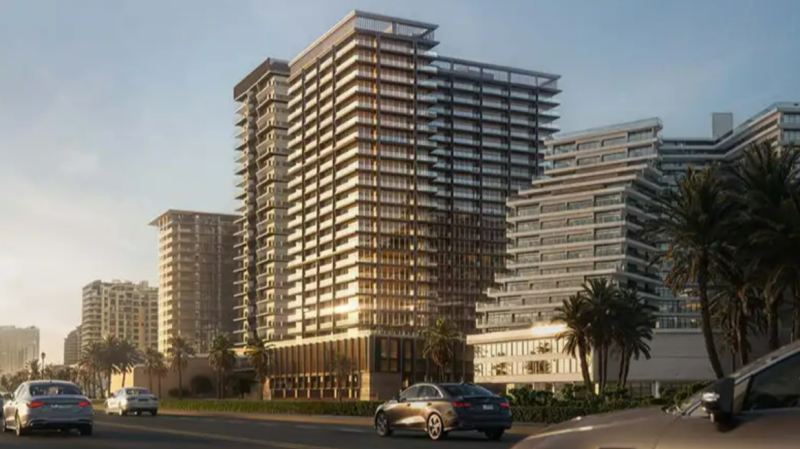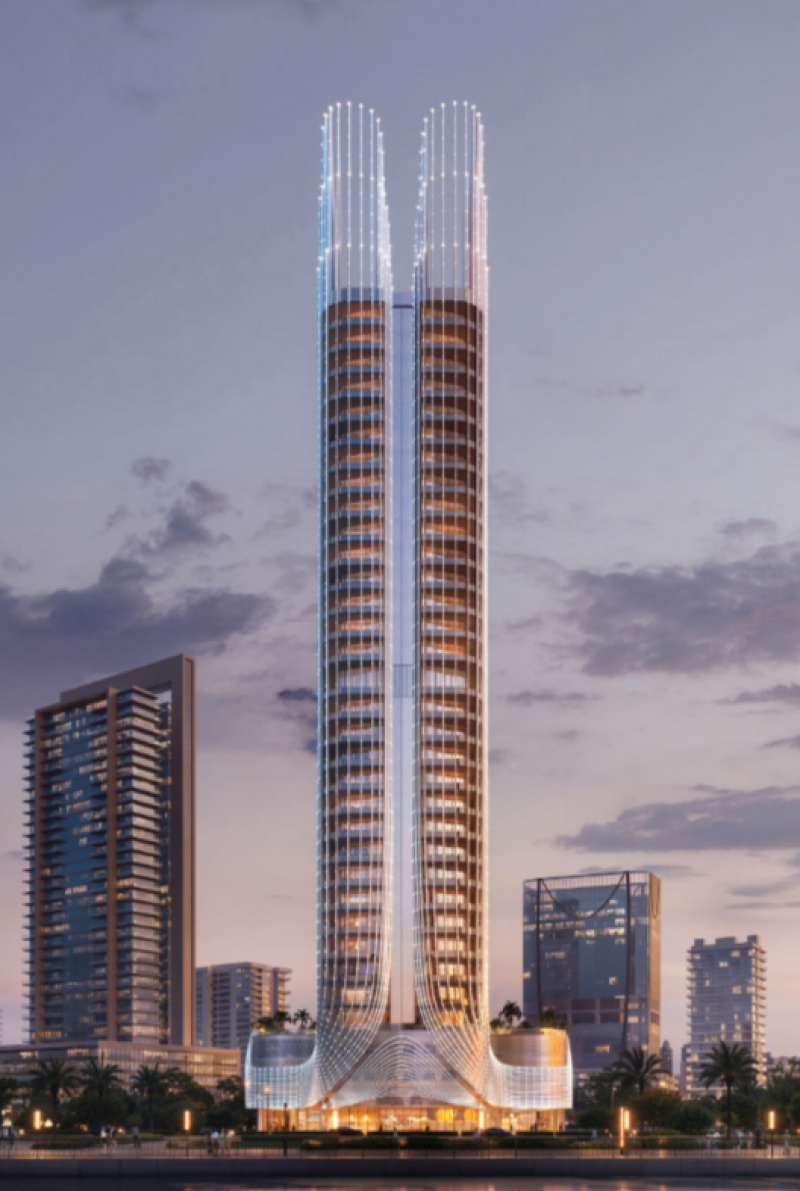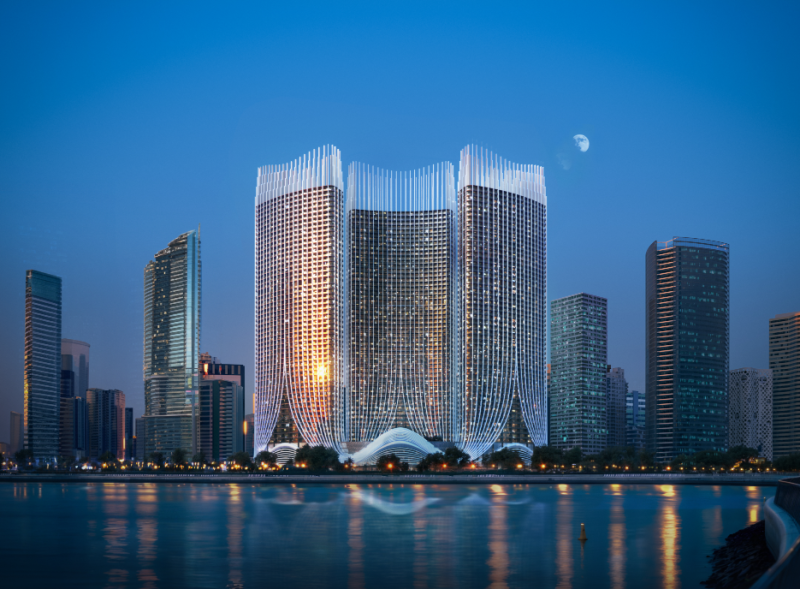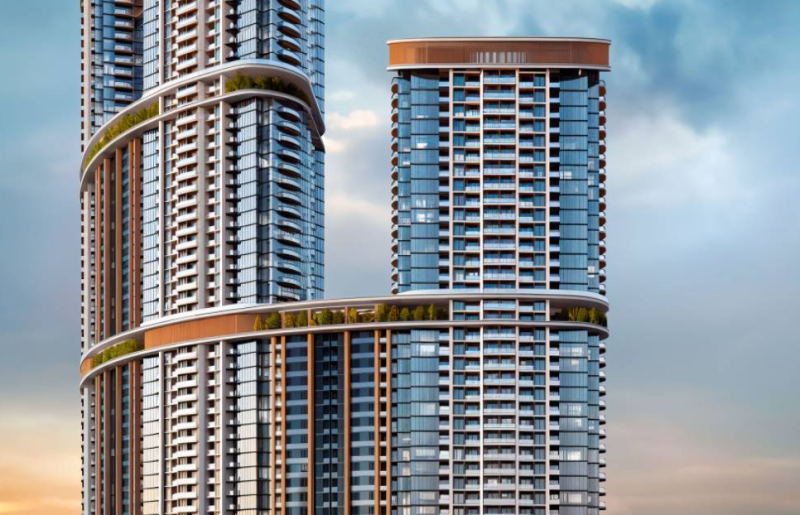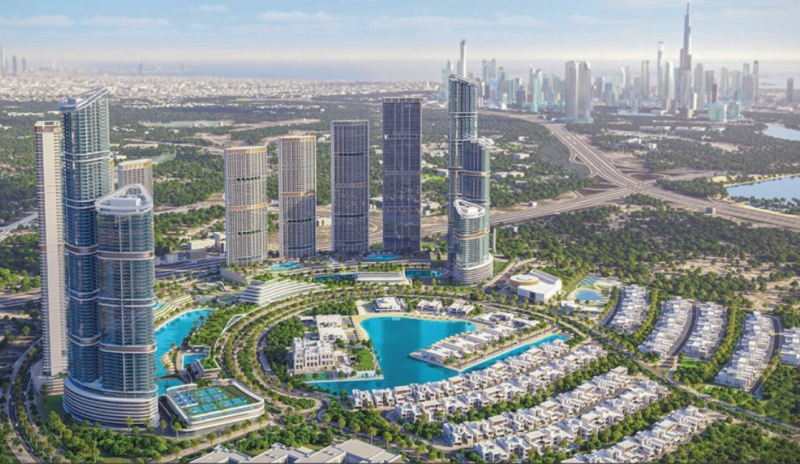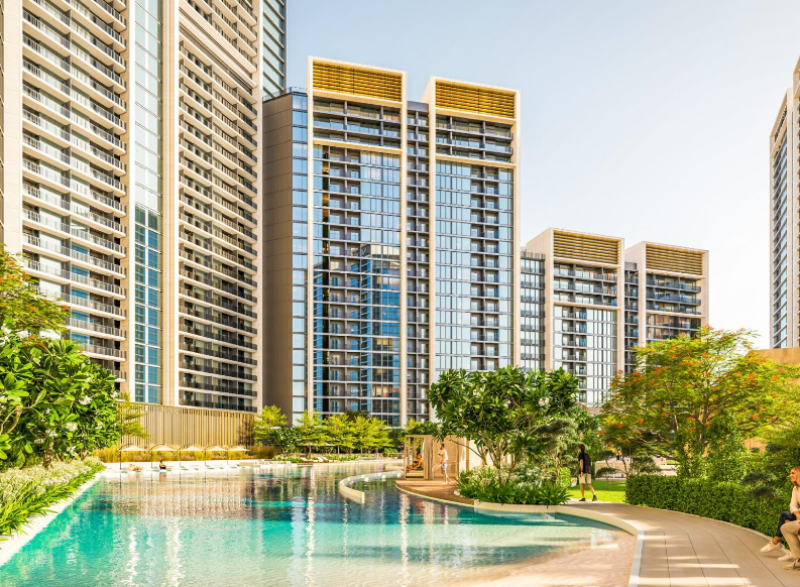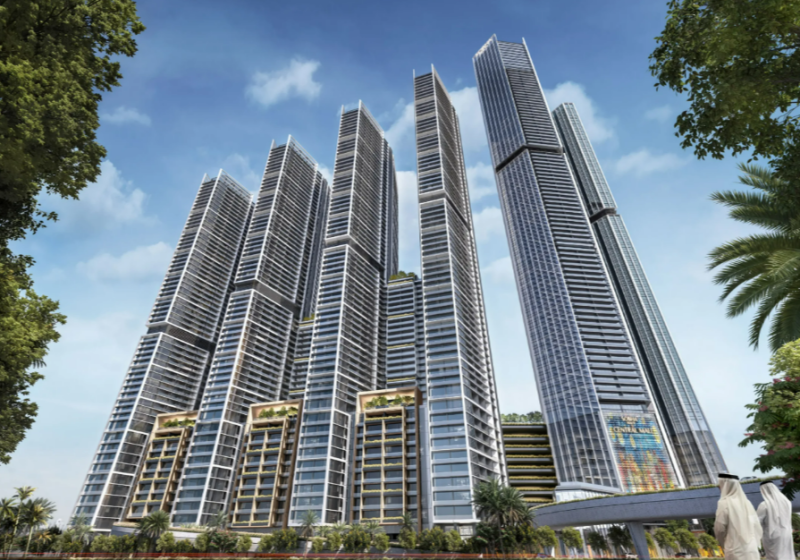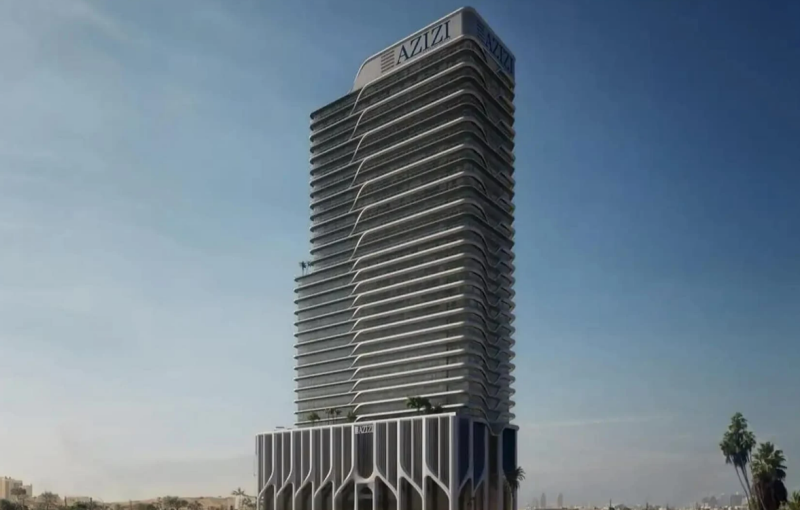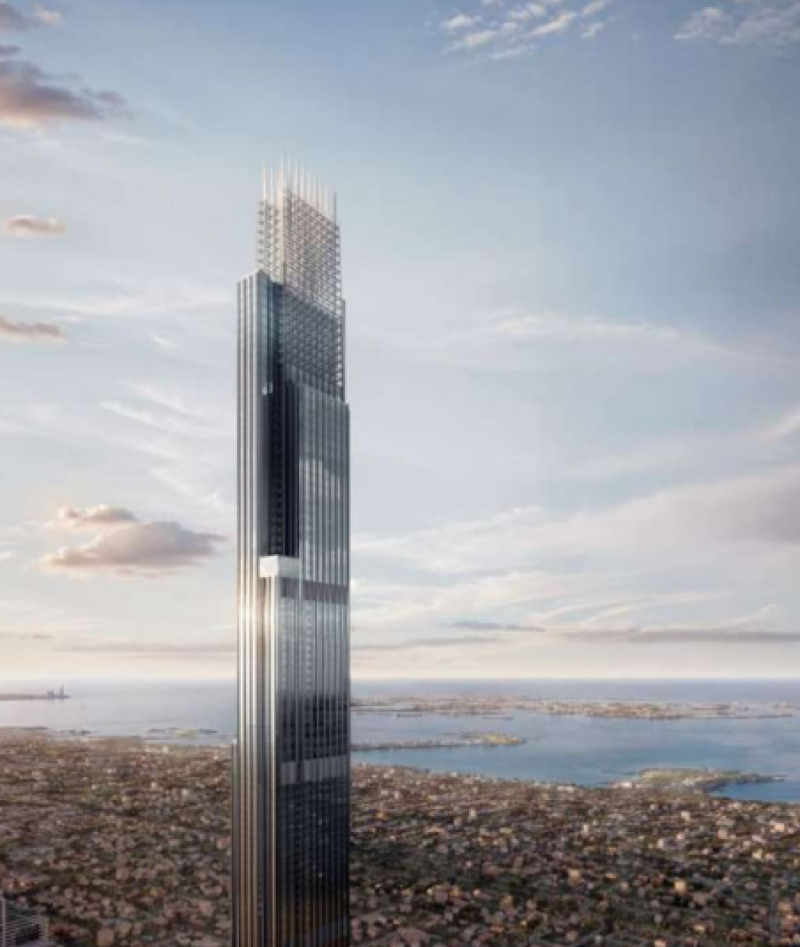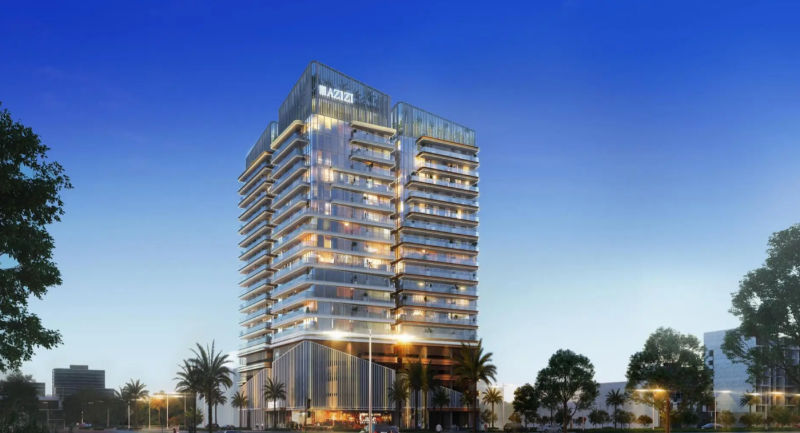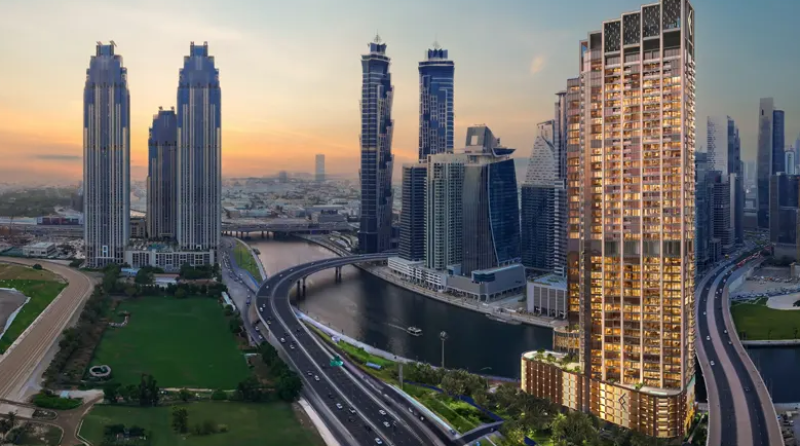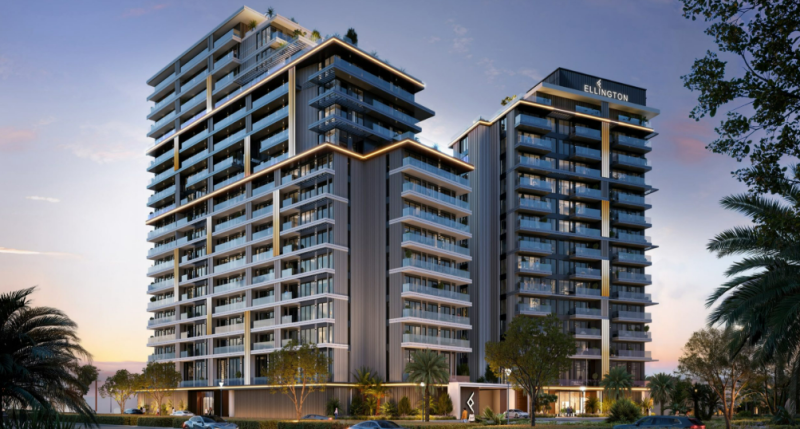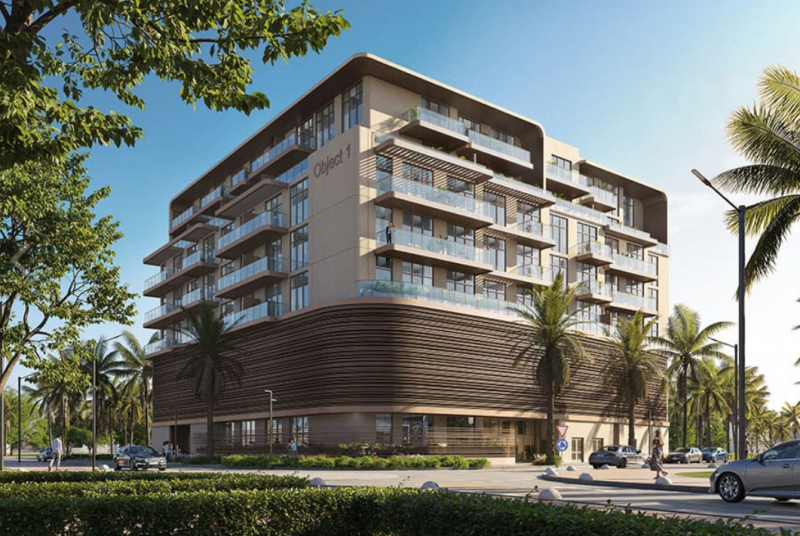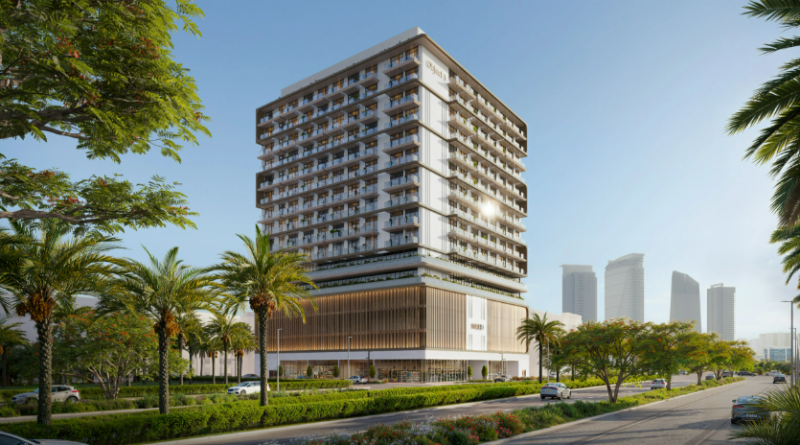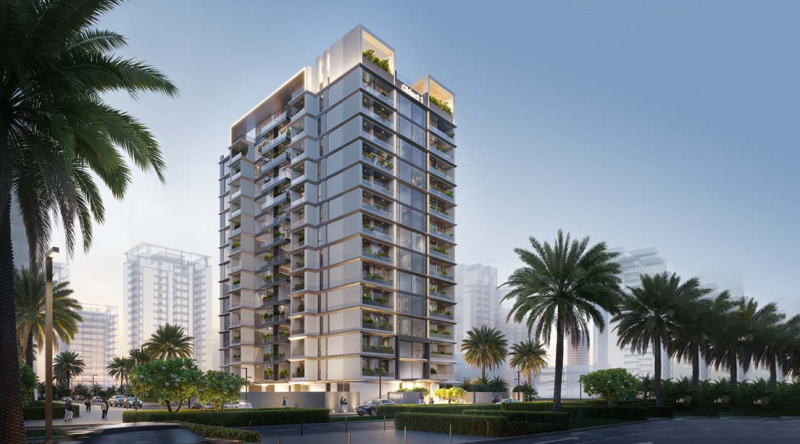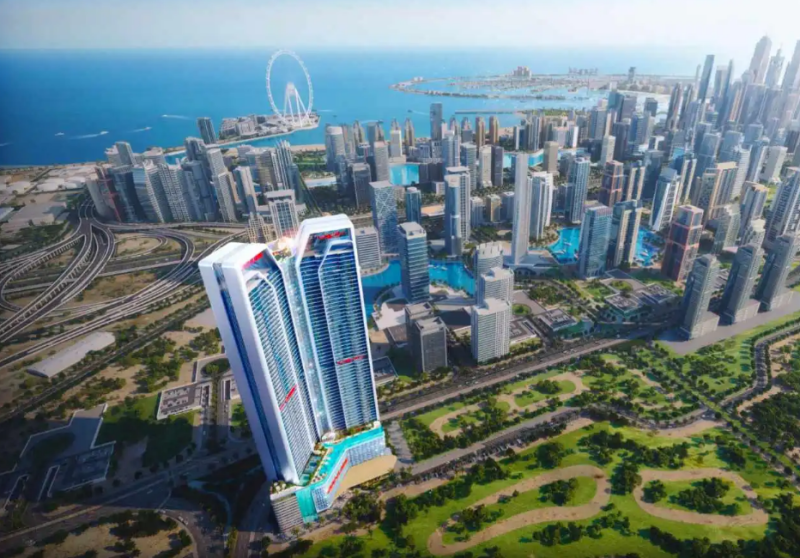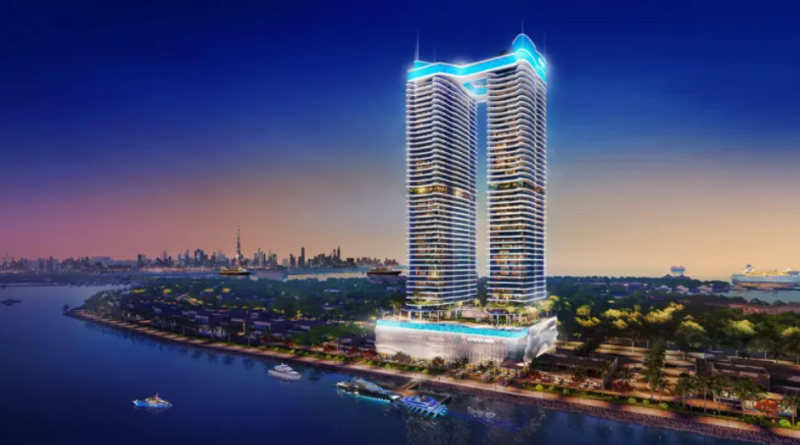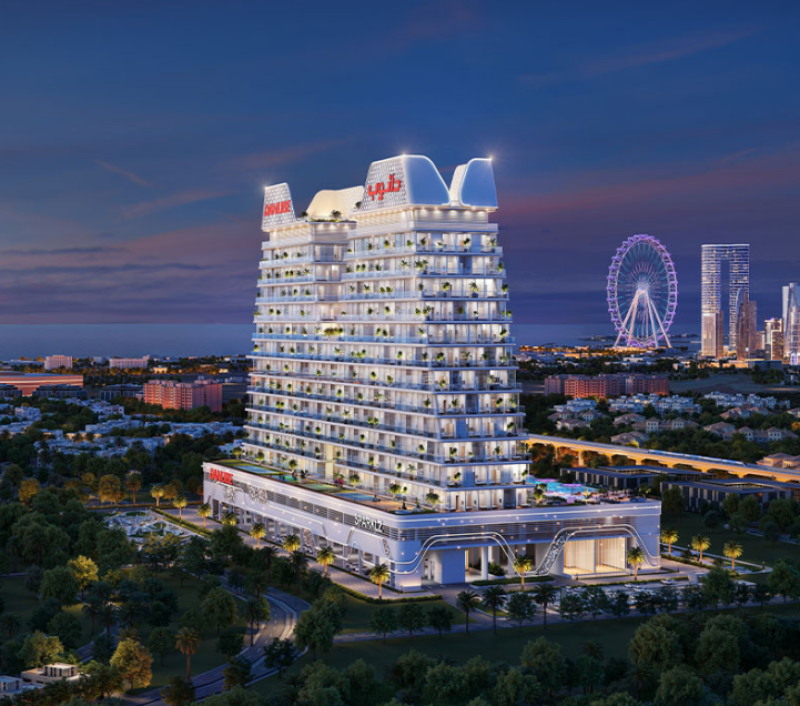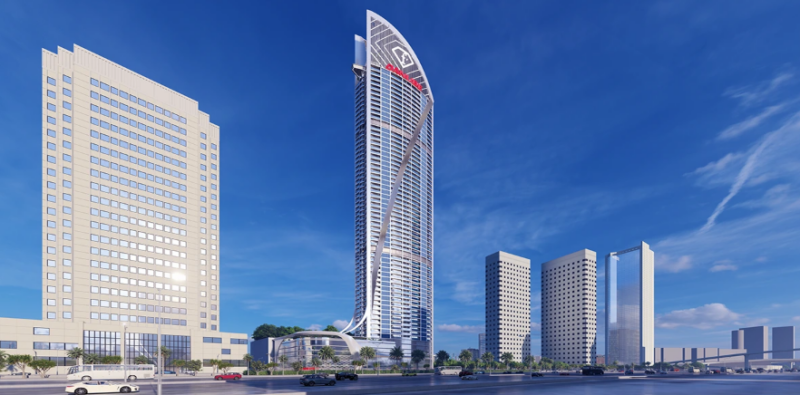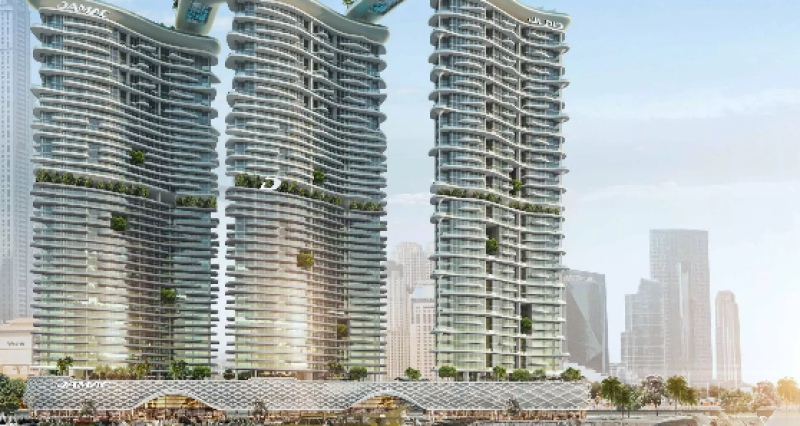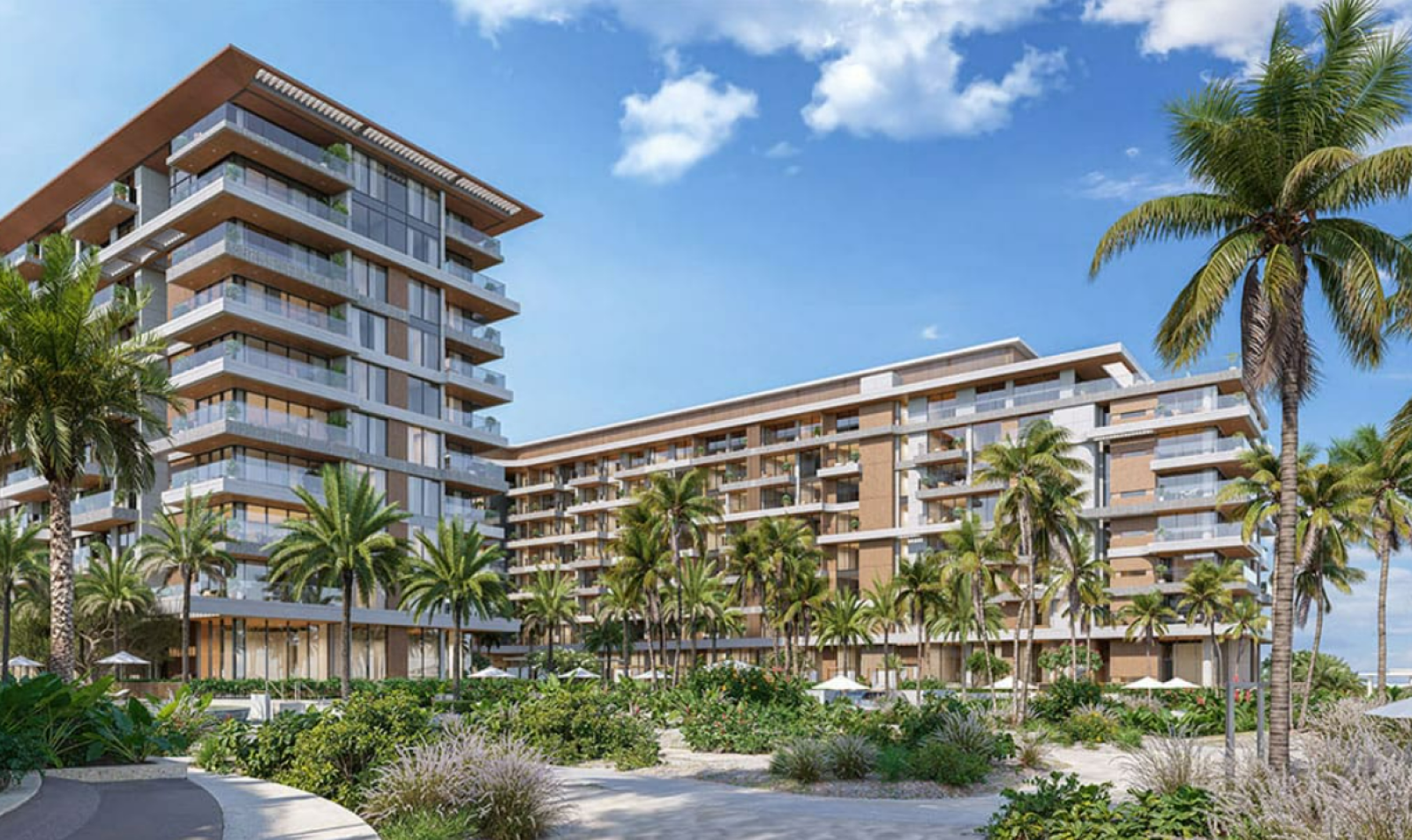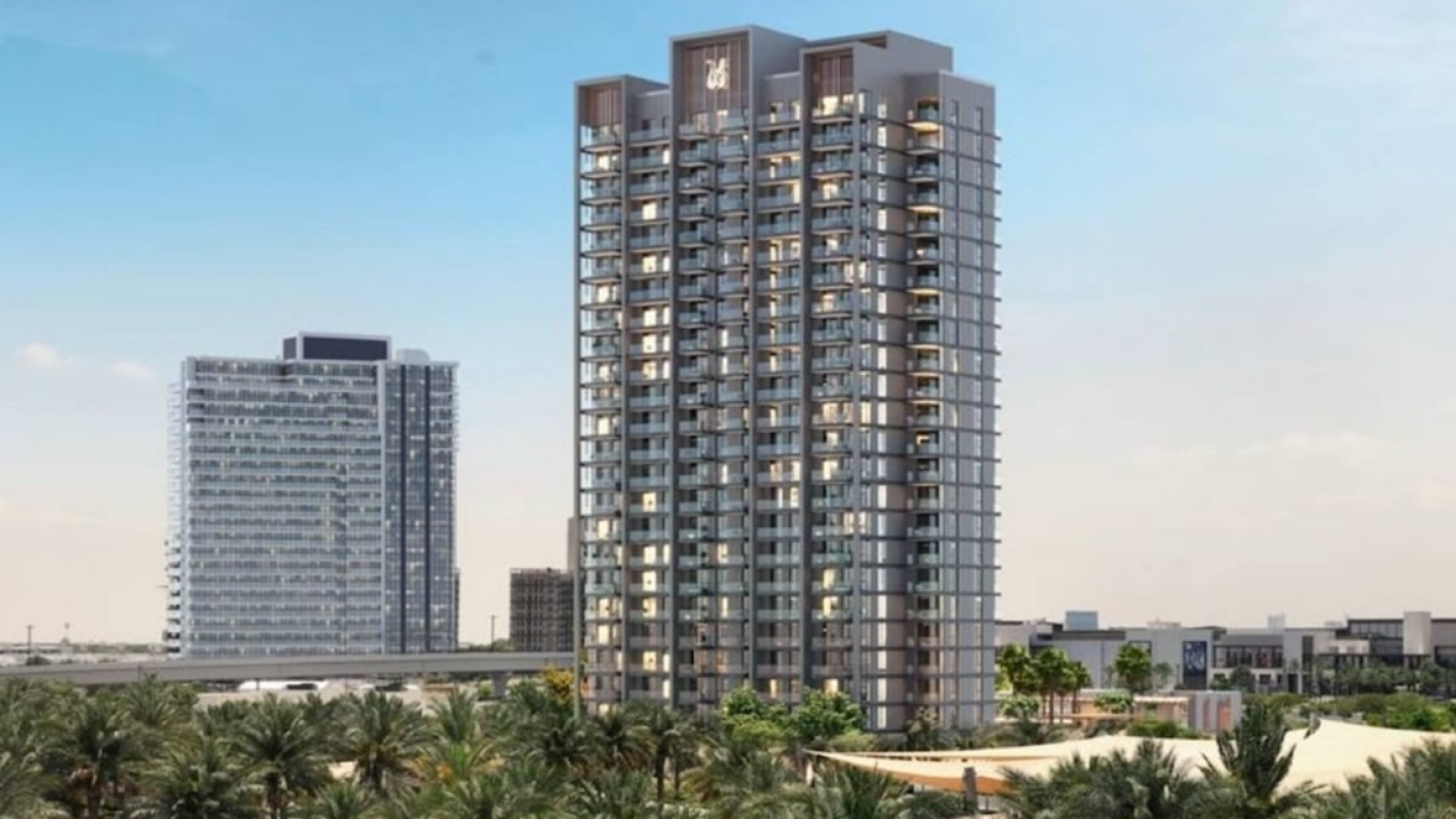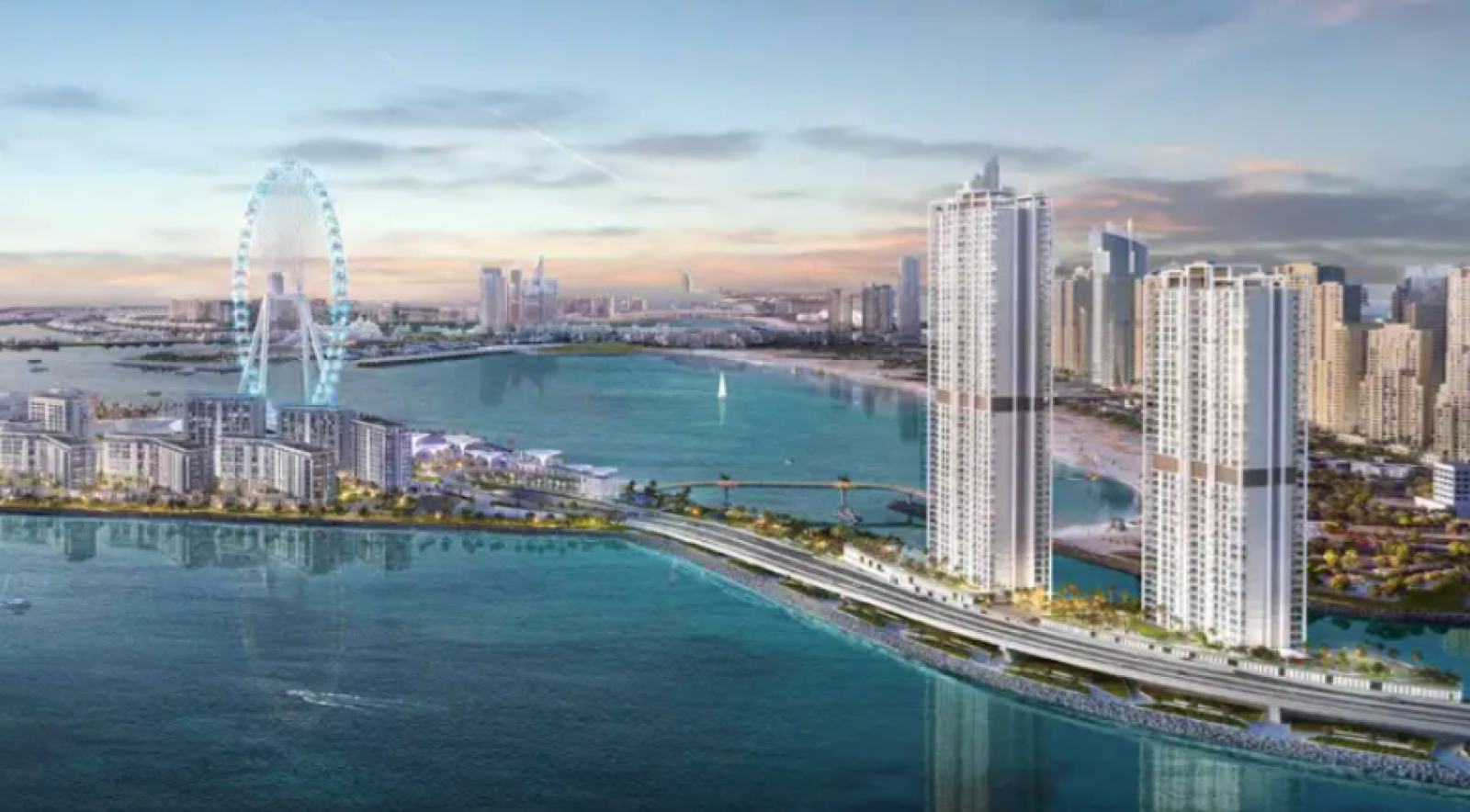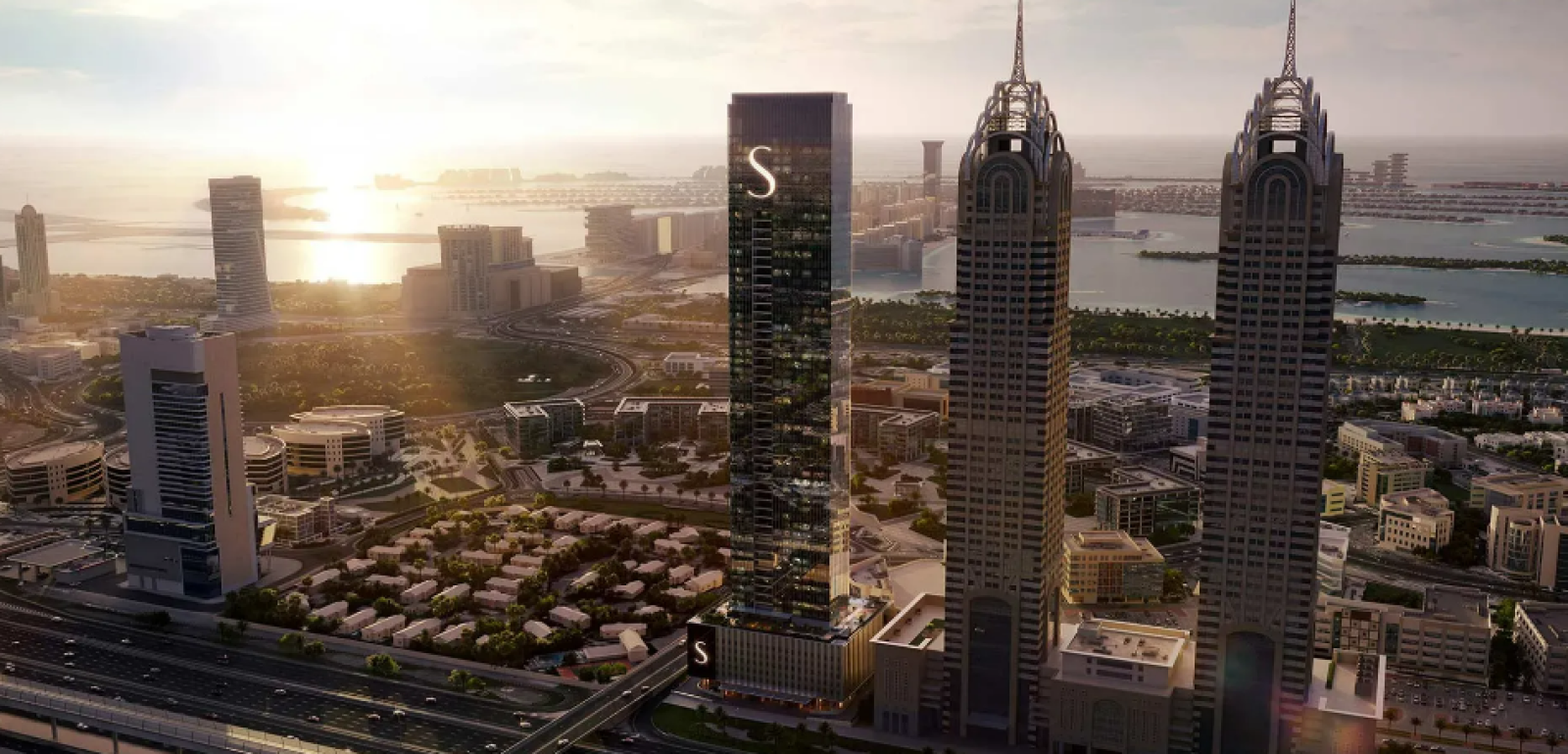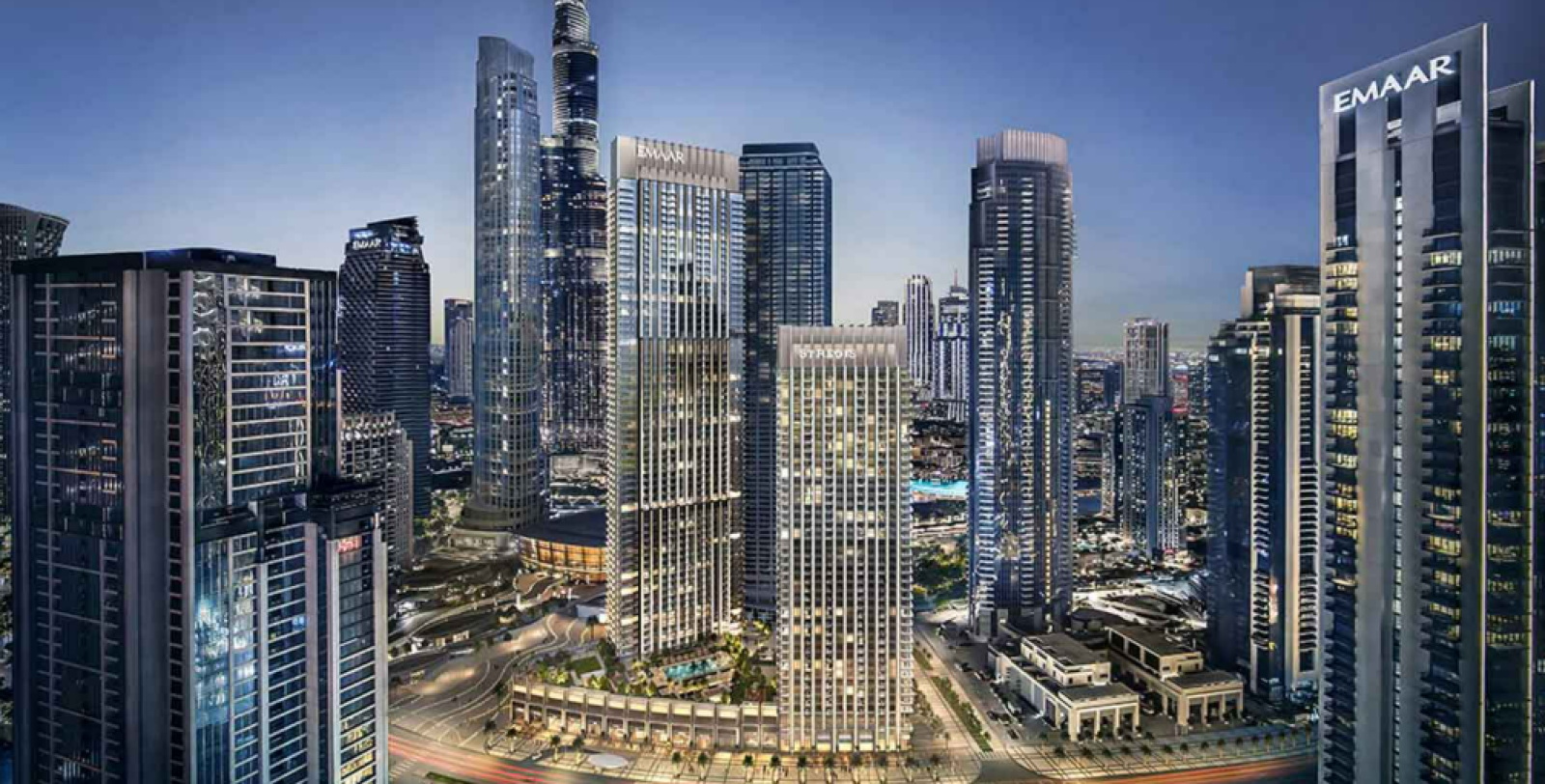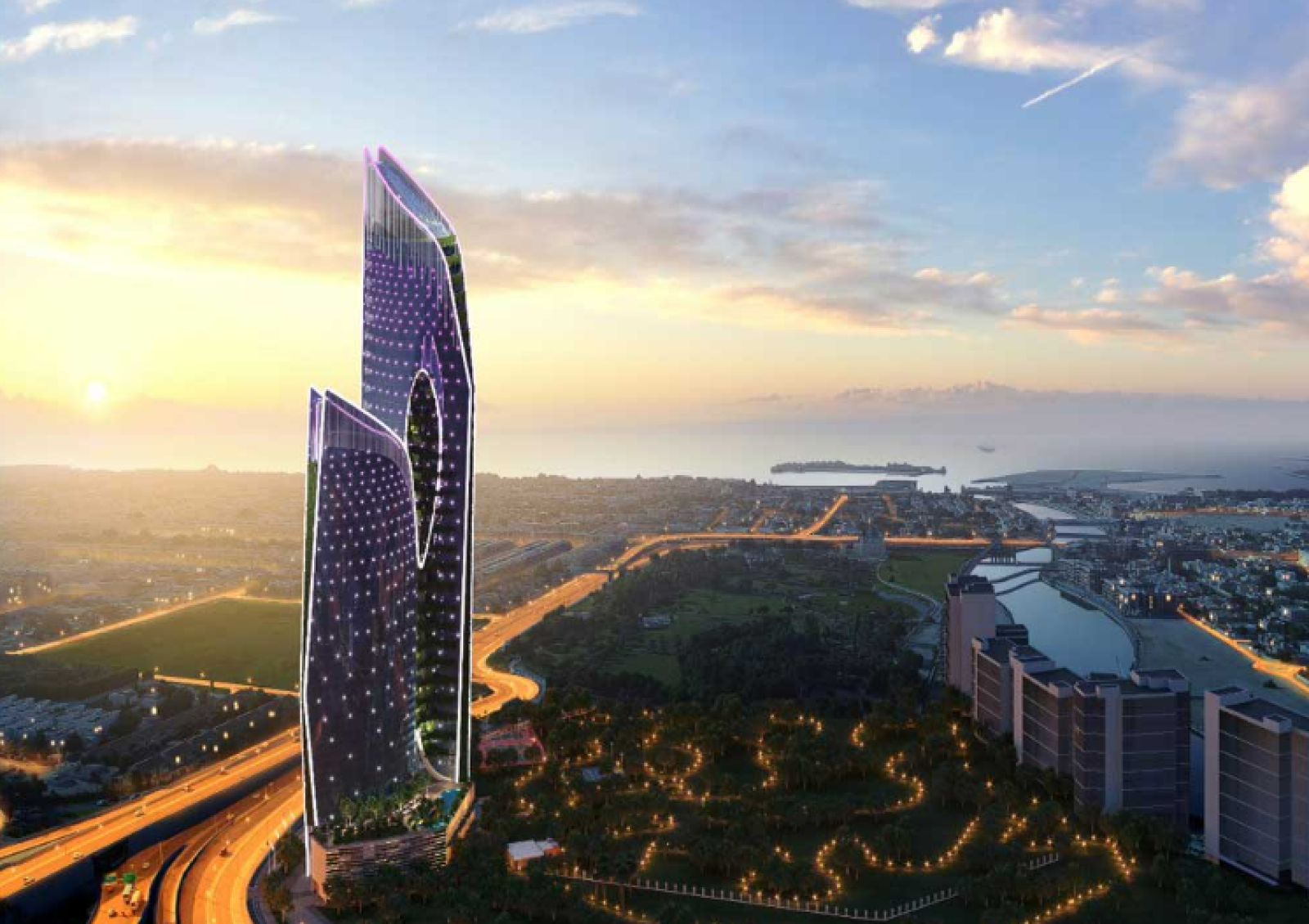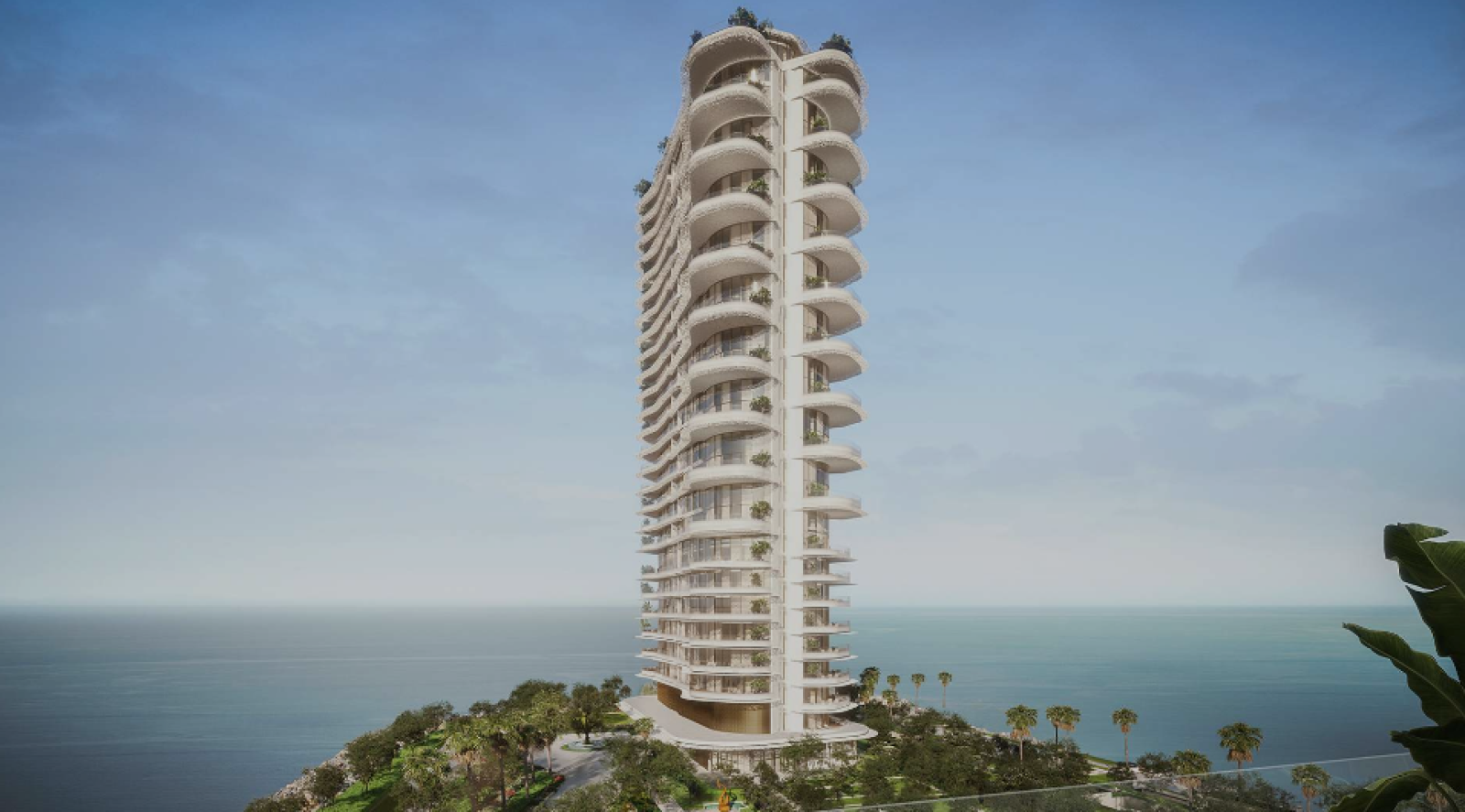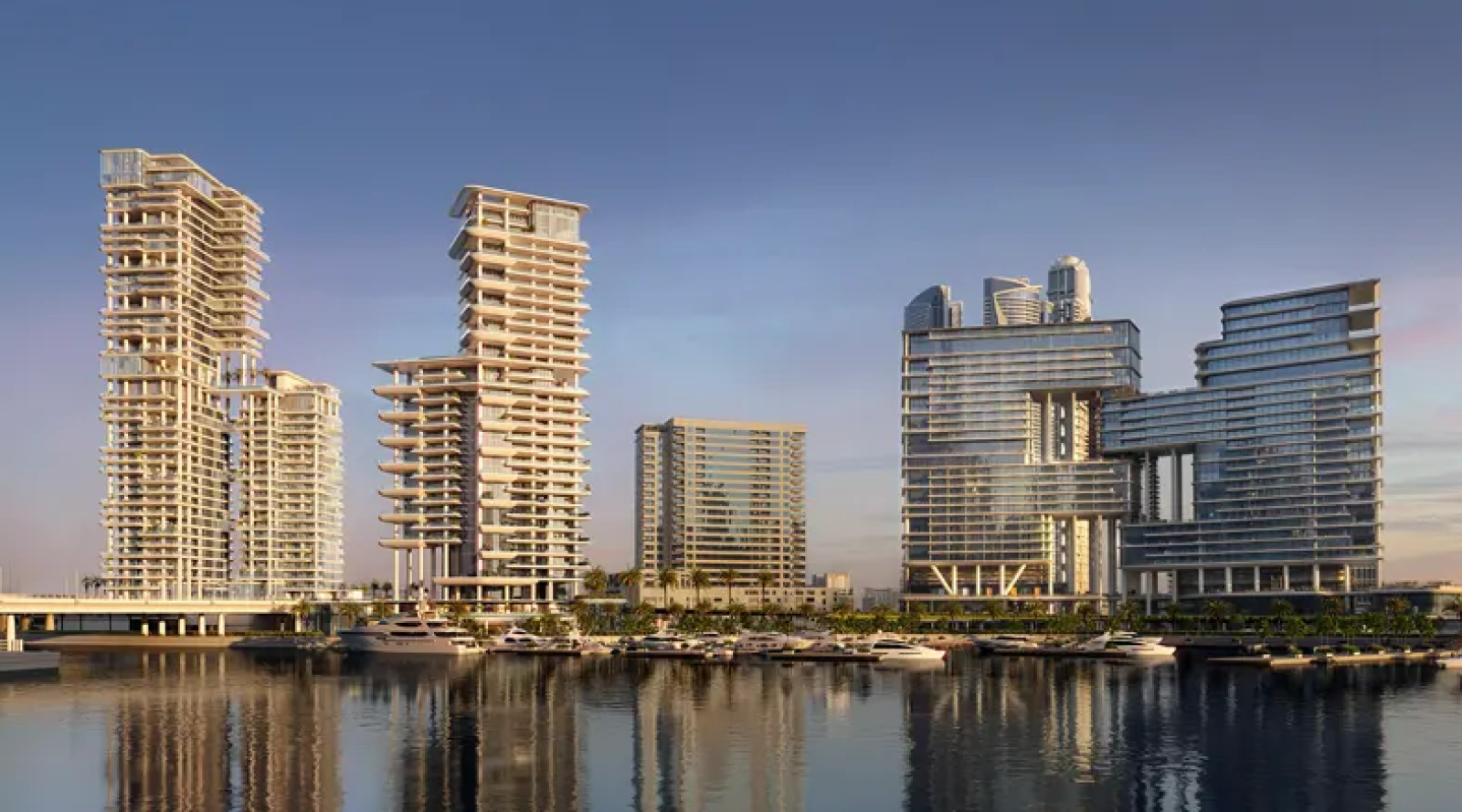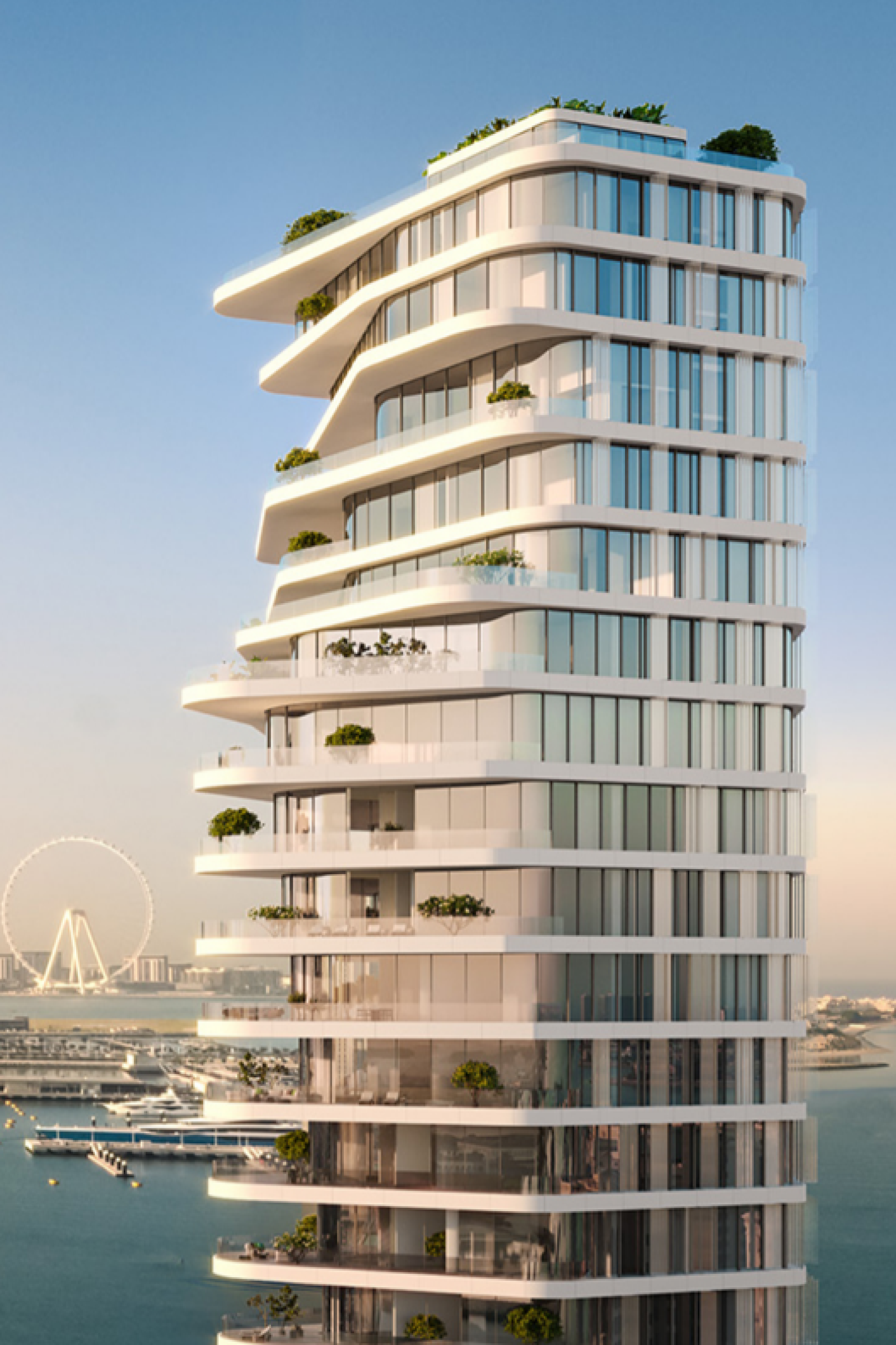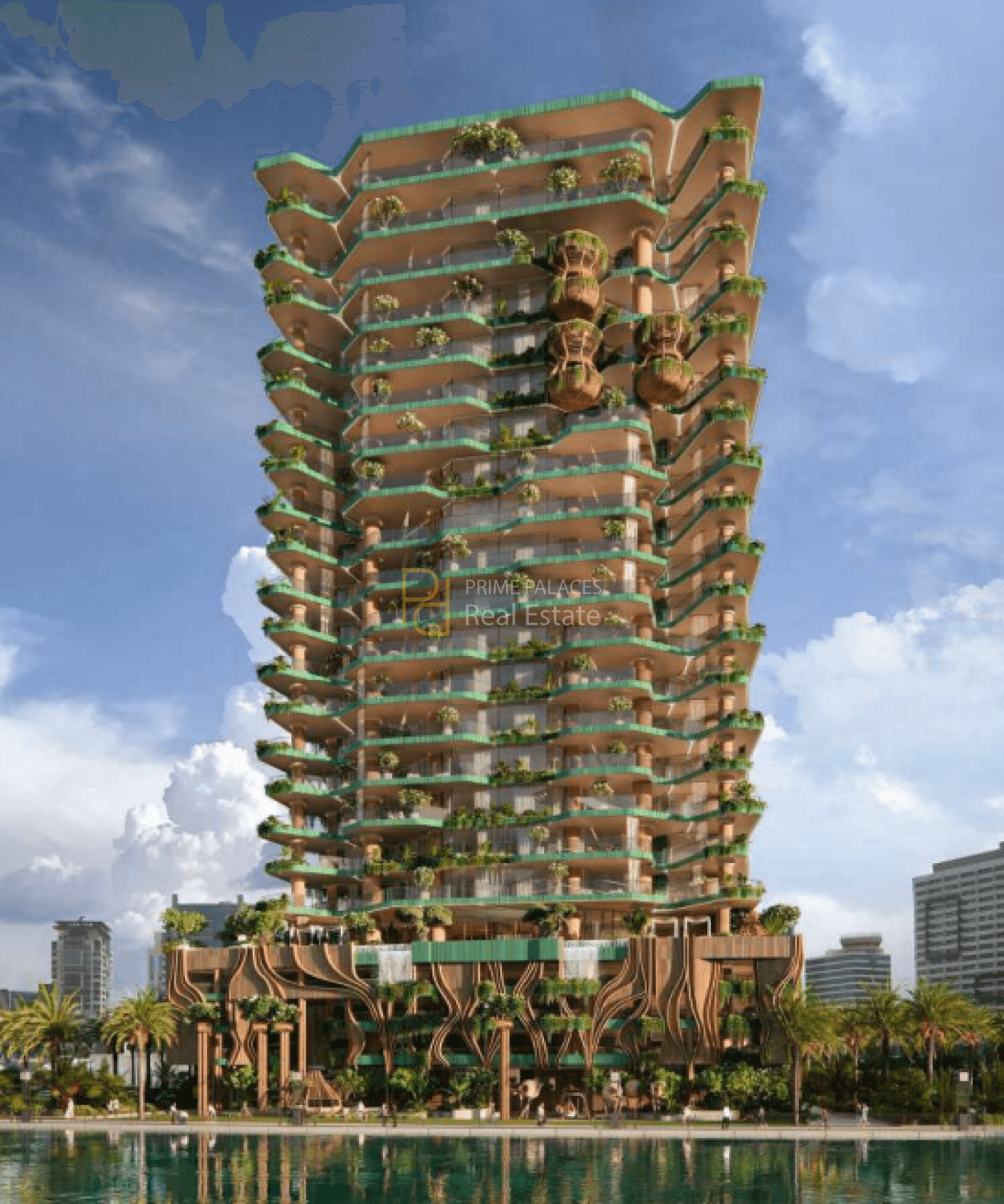Is Dubai Really Tax-Free? Understanding the Reality for Property Investors
Dubai’s status as a tax-free destination is one of its most appealing features for global investors. But what does “tax-free” actually mean in the context of the Dubai real estate market? While there are no personal income or capital gains taxes, property investors should still understand the full picture—including one-time fees and indirect costs.
Here’s a breakdown of whether Dubai is really tax-free and how that affects those investing in real estate.
1. No Personal Income Tax
Dubai does not impose a personal income tax on residents or non-residents. This means:
-
Rental income in Dubai is not taxed
-
Salaries, commissions, and dividends are tax-free
-
There is no annual tax return filing for individuals
This makes Dubai especially attractive for real estate investors who rely on rental returns as a primary or secondary income source.
2. No Capital Gains Tax
In most countries, profits from selling a property are subject to capital gains tax. In Dubai:
-
You pay 0% capital gains tax, regardless of how much the property appreciates
-
Whether the asset is sold after one year or ten, your profit is fully retained
-
This benefit significantly increases long-term capital appreciation returns
Dubai remains one of the few major markets where investors can exit without tax erosion.
3. No Annual Property Tax
There is no annual property tax or municipal levy charged on real estate in Dubai. This contrasts with:
-
London: Council tax and annual ownership levies
-
New York: Annual property tax often exceeding 1% of property value
-
Singapore: Progressive property tax on residential units
Once you purchase a property in Dubai, there are no recurring ownership taxes—reducing holding costs and improving net yields.
4. One-Time Government Fees
While Dubai has no recurring taxes, certain transaction-related fees apply:
-
4% Transfer Fee: Paid to the Dubai Land Department (DLD) when buying property
-
DLD Trustee Fee: Ranges from AED 2,000–4,000 depending on property value
-
Developer NOC Fee: AED 500–5,000 (for secondary market sales)
-
Registration Fees: AED 250–500 for the title deed
These are one-time payments and not classified as taxes, but they should be included in your budgeting when evaluating total acquisition costs.
5. VAT on Commercial Property and Some Services
While residential properties are VAT-exempt, some services and commercial real estate transactions are subject to UAE’s 5% Value-Added Tax (VAT):
-
Commercial property sales or leases incur 5% VAT
-
Property management and brokerage services may also be VAT-inclusive
-
Off-plan residential units are exempt when sold by the developer directly
These instances are rare in residential investing but worth noting.
6. Corporate Tax Considerations
As of 2023, the UAE introduced a 9% corporate tax on business profits exceeding AED 375,000. However:
-
Passive real estate investment in Dubai by individuals is not subject to this tax
-
Only real estate held under certain company structures may be affected
-
Most individual investors, even with multiple properties, remain exempt
If holding property through a corporate vehicle, consult a tax advisor for structuring options.
Conclusion
So, is Dubai really tax-free? For individual real estate investors, the answer is largely yes. There are no taxes on rental income, no capital gains tax, and no annual property tax, making Dubai one of the most investor-friendly real estate markets in the world. With only one-time government fees and minimal indirect costs, Dubai’s real estate sector offers unmatched tax efficiency, contributing significantly to its global appeal.

